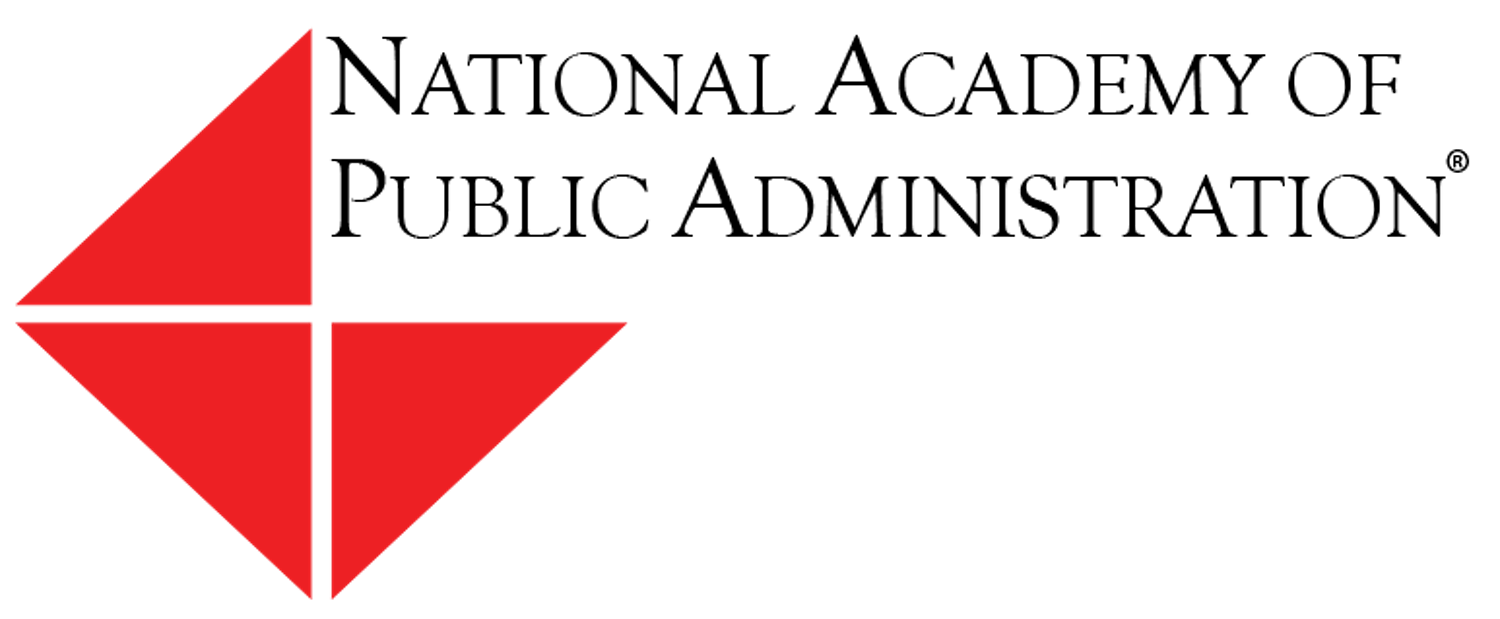
The National Academy of Public Administration Releases Assessment of Cultural Competence at U.S. Coast Guard Academy
Contact:
Betsy Holahan
bholahan@greatpointstrategies.com
Post Date: March 22, 2022
Recommendations Include Creating Long-Term Diversity and Inclusion Action Plan
WASHINGTON, D.C. – A Panel of the National Academy of Public Administration (NAPA) today released an “Assessment of Cultural Competence at the U.S. Coast Guard Academy,” a report for the U.S. Coast Guard Academy (USCGA) that provides recommendations to further develop a healthy environment of cultural competence that includes increased diversity, equity and inclusion among cadets, faculty and staff.
“For nearly 150 years, the U.S. Coast Guard Academy has served as a primary accession point for future Coast Guard officers, who play a major role in our nation’s maritime and defense operations,” said Terry Gerton, President and CEO of NAPA. “The Panel’s report commends many of the practices already in place at the USCGA, but also serves as an actionable blueprint to putting the necessary policy, procedural, and structural elements in place to further develop cultural competence for all.”
The report is the result of a Congressional directive in the Coast Guard Improvement Act, part of the National Defense Authorization Act of 2021, which charged NAPA with assessing the cultural competence of the USCGA as it relates to cadets, faculty and staff. Cultural competence, which includes the concepts of diversity, equity and inclusion, is defined as the ability to understand, appreciate, and interact with people from cultures and belief systems different from one’s own. It encourages the acknowledgment and acceptance of differences in appearance, behavior, and culture.
During the year-long assessment, the Panel found that USGCA leaders consider diversity, equity and inclusion to be important goals and are committed to advancing cultural competence at the Academy – evidenced by a number of initiatives currently in place. However, current efforts also can appear reactive and sometimes not prioritized when other issues arise that are considered more urgent. Cultural competence is, at times, perceived by some faculty, staff, and cadets as a side issue instead of a central one.
The Panel found that “more can be done to build an infrastructure of coordinated policies, procedures, and structures to drive desired outcomes. There is a clear imperative for the Academy to internalize cultural competence further, embracing it as mission essential and making it an integral part of the ebb and flow of daily Academy decision making and operational tempo.”
The Panel noted that there are notable opportunities for the Academy “to enhance its approach to addressing cultural competence; critical, fundamental building blocks to augment the existing goodwill of leaders are either absent or under-developed.”
To that end, the Panel makes 18 actionable recommendations with both short-term and medium-term timelines, grouped under five themes: leadership vision and commitment; incident response; active learning, continuous improvement and partnerships; curriculum and training; and screening, hiring and performance management.
The following are the four highest priority recommendations:
- Completing and issuing a detailed, integrated, comprehensive, and long- term diversity and inclusion action plan for the USCGA.
- Expanding the responsibilities of the Chief Diversity Officer to play a more strategic role with the Superintendent in enhancing cultural competence.
- Improving governance and oversight of all initiatives.
- Ensuring transparency, accountability, and continuous improvement by tracking meaningful metrics to observe progress and to guide how changes can and should be made to improve performance further.
The Panel report noted that creating and sustaining a proficient level of cultural competence at the USCGA should be viewed as a marathon and not a sprint, but said that “acting to ensure that cultural competence is an integral part of the Academy’s operational rhythm will undoubtedly serve as a force multiplier to enhance organizational performance in the future.”
To read the full report, including specific findings and recommendations, click here.
About the National Academy of Public Administration
Chartered by Congress to provide non-partisan expert advice, the Academy is an independent, non-profit, and non-partisan organization established in 1967 to assist government leaders in building more effective, efficient, accountable, and transparent organizations. Learn more at www.napawash.org
###